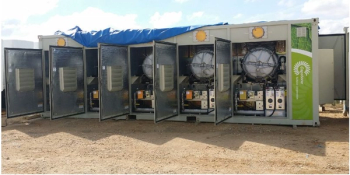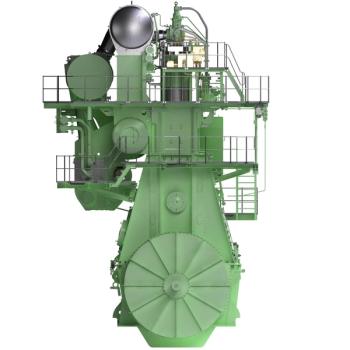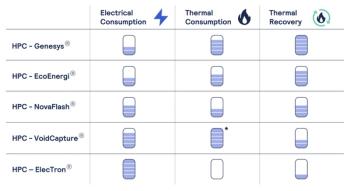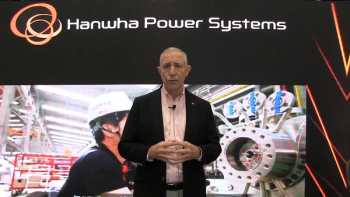
Ansaldo Green Tech Leads Consortium to Develop Low-Impact Microturbine
The ATS consortium received funding to develop a microturbine prototype that uses carbon-neutral fuels in micro-grids.
The ATS group—led by Ansaldo Green Tech with participation from Maps Group, SIMVO, and SIGE—is studying and creating a zero-impact microturbine prototype that uses fuels such as hydrogen for microgrids and energy communities. The consortium was awarded funding through the Ligura Region’s FILSE institution to develop the new microturbine.
“The project involves the development, validation, and testing of an advanced 100 kW microturbine within a micro-grid to address the needs of the energy transition and energy communities by utilizing 'e-fuels' with zero-carbon footprint," said Francesco Ferando, Ansaldo Green Tech Microturbine Product Manager. “The microturbine, which has a nominal power output of 100 kW electrical and 170 kW thermal, will be tested in a micro-grid system with a PV plant inside Ansaldo Energia's factory, thus validating its functioning and coupling with an innovative energy management system that will operate the different power sources in an industrial environment.”
The Maps Group will implement the ROSE platform to monitor and coordinate the microturbine’s usage with variable and non-programmable energy loads. Intelligent systems can manage and optimize the entire system while integrating renewable sources. At the project's conclusion, a microgrid nucleus will be created at Ansaldo Energia’s headquarters using photovoltaics and the prototype microturbine.
Climate neutrality goals set forth by the European Union outline a reduction in climate-impacting emissions by 55% by 2030 and 90% in 2040. Cogeneration and tri-generation microturbines using carbon-neutral fuels can adhere to these goals with the production of renewable electricity and thermal energy. For microturbines, the emergence of new zero-emissions fuels‚ such as hydrogen, requires a technological analysis of component materials and environmental impact. This technology, when applied to micro-grids, may require the study and design of a new generation system.
In February 2024, Ansaldo Energia announced the signing of a supply contract for a Kazakhstan-based power plant project—the
“The signing of this contract is a proof of the customer's great trust in our skills and capabilities, supported by the Italian supply chain," says Fabrizio Fabbri, CEO of Ansaldo Energia. “I am particularly pleased that the launch of this project takes place simultaneously with the creation of a technological hub for training and skills exchange, which will help consolidate our relationships with Kazakhstan in the years to come.”
Construction and completion of the Almaty CHPP-3 power plant will allow customers to produce electricity in a sustainable, low-cost manner. Ansaldo Energia’s AE94.2 gas turbines are designed for the use of hydrogen up to 40% mixed with natural gas and offer efficiency and operational reliability across 120 globally installed units.
Newsletter
Power your knowledge with the latest in turbine technology, engineering advances, and energy solutions—subscribe to Turbomachinery International today.




